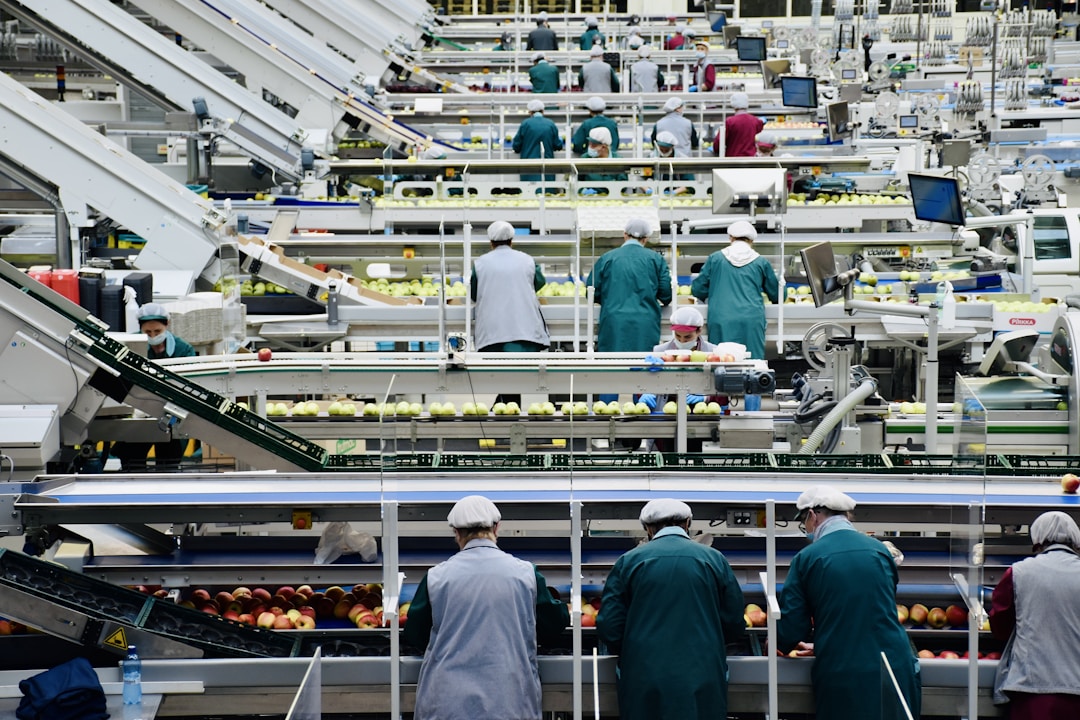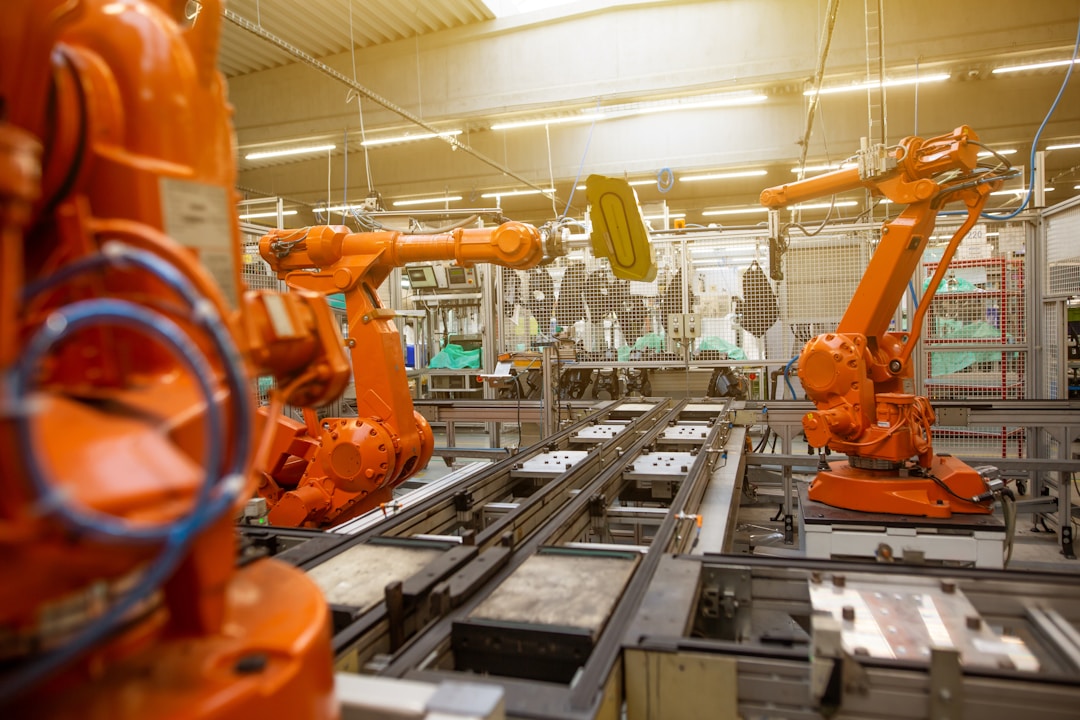Solutions for Improved Manufacturing Operations
The relentless pursuit of efficiency and quality control in the manufacturing sector is crucial to maintaining a competitive edge. Advances in technology have opened the door to new possibilities for optimizing operations and fostering innovation. These transformations set a new standard for manufacturing, from incorporating high-tech devices to adopting new management strategies. Keep reading to discover key strategies to take manufacturing operations to the next level of efficiency and productivity.
Integrating Real-Time Data Analysis to Streamline Production

Real-time data analysis has emerged as the backbone of modern production strategy. It allows manufacturers to monitor production lines closely, responding swiftly to any changes or anomalies. Implementing ERP solutions is a transformative step for many, integrating various data points into a cohesive and actionable format.
This continuous data stream equips managers with the insights to make informed decisions on the factory floor. By analyzing patterns and trends, they can identify potential bottlenecks and resolve issues before they escalate. This data-driven approach empowers manufacturers to streamline their operations and boost overall productivity.
In addition to improving operational efficiency, real-time data analysis enhances product quality. Manufacturers can ensure each product meets stringent requirements by constantly assessing production metrics against quality standards. This results not only in higher customer satisfaction but also in fewer returns and recalls.
The use of real-time data extends beyond the production line, offering benefits in inventory management. Manufacturers can maintain optimal inventory levels by accurately tracking materials and finished goods, reducing waste and storage costs. This kind of precision in inventory control is essential for lean manufacturing initiatives.
Leveraging Automation and Robotics to Enhance Efficiency

The deployment of automation and robotics within the manufacturing industry has been a game-changer for production rates and labor costs. Automated systems can perform tasks consistently and quickly, often outpacing what is humanly possible. This leads to a dramatic increase in production speed while maintaining or improving product quality.
Robotic technology is becoming more sophisticated when paired with machine learning algorithms. This enables machines to take on more complex and delicate tasks. This versatility opens up new opportunities for manufacturers to diversify their product offerings and quickly adapt to changing market demands.
Moreover, automation reduces the risk of human error, a significant factor in manufacturing defects and inconsistencies. Manufacturers can expect a more uniform output by assigning repetitive and precise tasks to robots. This consistency is essential for industries with uncompromising standards, such as aerospace and healthcare.
Although the initial investment in automation and robotics technology can be substantial, the long-term savings on labor costs and the increases in production volumes render this a strategic investment. The key is identifying tasks that, once automated, can lead to the most significant gains in productivity and cost-effectiveness.
Investing in Workforce Training to Optimize Skill Sets
As manufacturing processes become increasingly technologically advanced, the need for a skilled workforce is more pronounced than ever. Investment in comprehensive training programs ensures that employees can efficiently manage and operate new systems. This focus on upskilling is essential to fully realizing the benefits of advanced manufacturing technologies.
Moreover, training initiatives provide a dual advantage: they help retain valuable staff and attract new talent. A workforce that feels invested in is likelier to demonstrate higher engagement levels and commitment. This sense of loyalty can be a significant asset in the competitive manufacturing industry.
Beyond technical skills, training programs can also nurture soft skills, such as problem-solving, teamwork, and adaptability. These are critical in an environment where continuous improvement and innovation are vital for success. As the manufacturing landscape evolves, so must the people’s competencies driving it forward.
The ripple effect of a knowledgeable workforce extends to product innovation and quality control. With a deep understanding of manufacturing technologies and processes, employees can contribute to product development and refinement, providing a competitive edge in a crowded marketplace.
Adopting advanced technologies like real-time data analysis, automation, and lean manufacturing principles can significantly enhance operational efficiency and product quality. By investing in workforce training and continuously refining processes, manufacturers can maintain a competitive edge and drive sustained growth.








